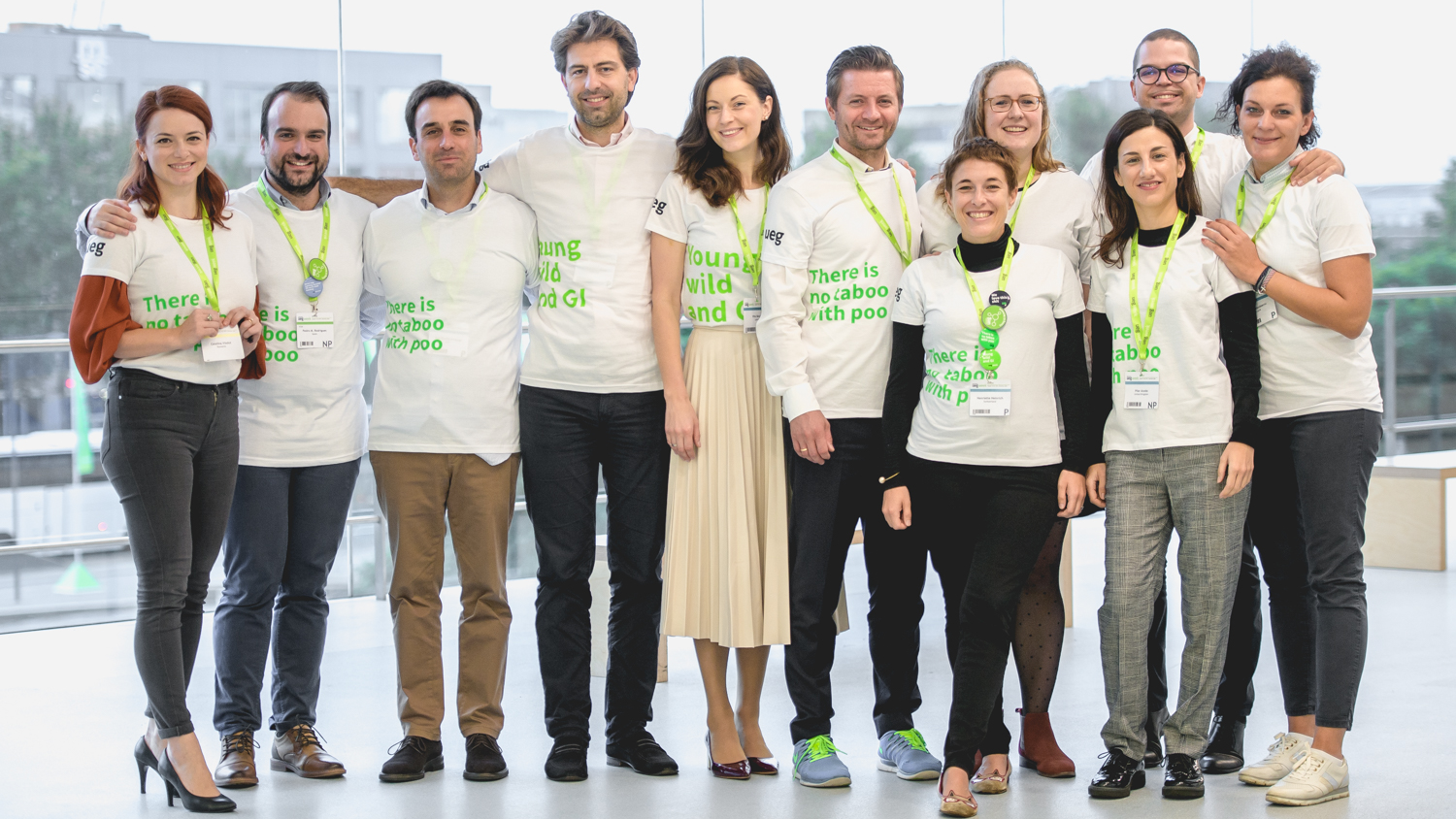Young GI Blog
Balancing an academic clinical career with parenthood

Finding new potential collaborators and the exchange with colleagues to promote your research is crucial for GI specialists.
Pedro Rodrigues, a new member of the Young Talent Group in 2020, shares the most useful tips on how to identify a possible scientific partner.
Your collaborators should add significant value to your research, instead of fomenting fights. Each one of your partners should be able to contribute with valuable ideas and projects.
Please log in with your myUEG account to post comments.